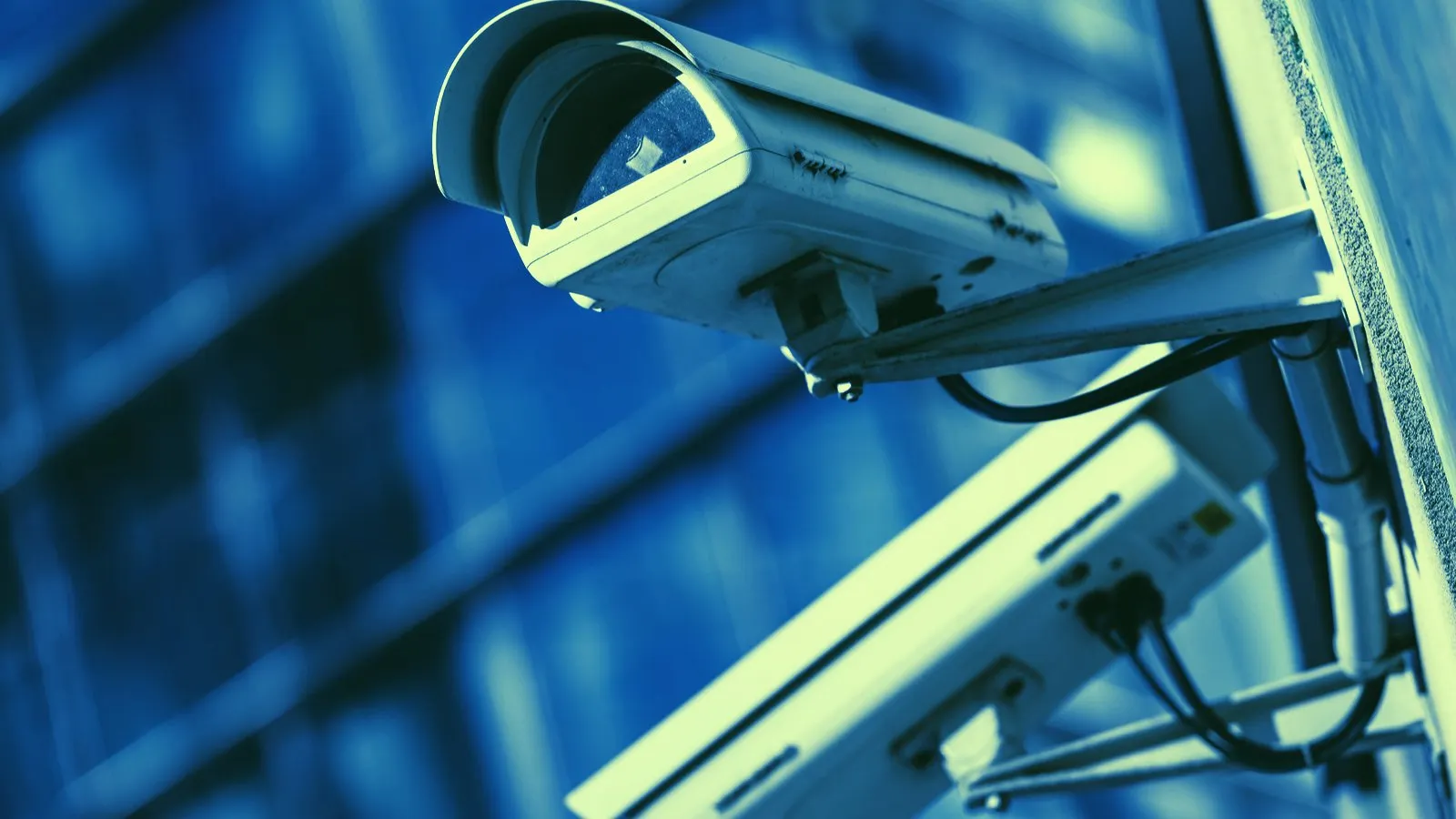In brief
- The co-founder of Ripple, Chris Larsen, was fed up with the number of property thefts in San Francisco.
- He decided to fund a $4 million surveillance system, largely run by citizens.
- Facial recognition is not—and will never be—used, he told the New York Times.
Ripple co-founder Chris Larsen is helping fund a surveillance system in San Francisco.
Larsen, the former CEO of Ripple, made the decision to splash out nearly $4 million on the cameras because he was fed up with robberies in the city, The New York Times reported Friday.
In an interview with the newspaper, Larsen, 59, said that although San Francisco has a low level of violent crime, theft is common—particularly smash and grab. “They don’t care at all—they don’t care if they’re being seen,” he said in the interview.
After Larsen’s own car windows were smashed and thieves cut the wires on his home security system, he decided to take action—and started gradually installing the cameras in 2012. Now, the cameras cover 135 blocks of the city, according to the report.
A company maintains the cameras but neighborhood coalitions are the ones in charge: they decide where the cameras are put and they are the ones that monitor them.
The idea, according to Larsen’s interview, is that the cameras are always on and recording and act as a deterrent as well as helping with investigations.
Normally cameras are installed by a police force—as seen in London and New York—but Larsen’s project is different because he is the one solely funding the project and citizens are the ones managing it.
Due to a distrust in the police, this is the “community efforts to self-police,” Daniel Lawrence, the principal research associate at the nonpartisan Urban Institute, was quoted as saying.
But Larsen is not anti-police—quite the contrary. On top of the cameras, Larsen has helped the police department by paying for their internet connections, the NYT reported.
Sure, a tech bro behind one of the top cryptocurrencies (largely used by banks) funding a surveillance system might sound intrusive but don’t worry—facial recognition is not on the cards.
“Facial recognition is too powerful given the lack of laws and protections to make it acceptable,” he told the newspaper.

